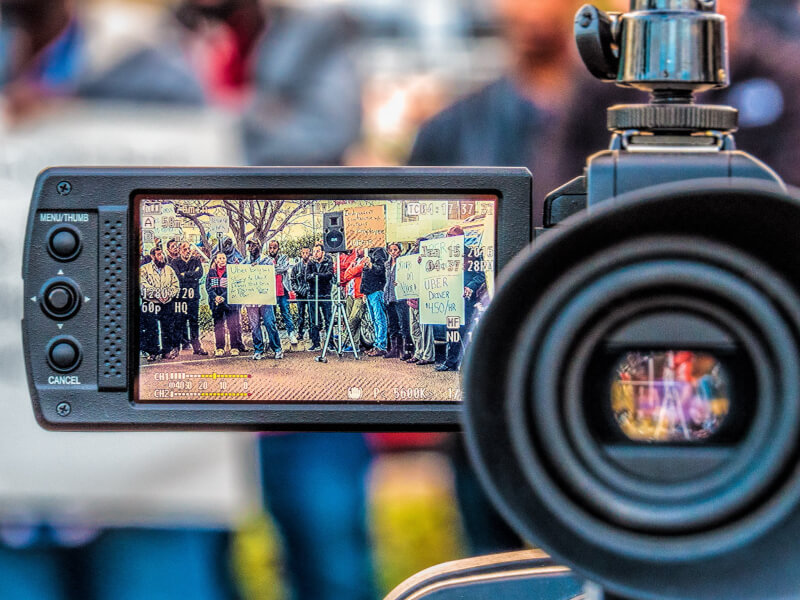
Documentary filmmakers and photojournalists often work on hostile assignments where the footage they capture could put them in serious jeopardy. A group of 150 of these filmmakers have collectively signed an open letter to the world's leading camera manufacturers including Nikon, Sony, Canon, Olympus, and Fuji urging them to include encryption in their products.
The letter also available online through the Freedom of the Press Foundation.
Encryption has become increasingly prevalent in everyday technology. Operating systems like Windows, Mac, Linux, Android, and iOS all allow data to be encrypted by default. Messaging apps like WhatsApp and iMessage use end-to-end encryption as well. Features like this are significantly lacking from the camera market, however. Currently no major brand offers encryption on their still photo and video cameras.
The feature, as proposed by documentary filmmakers, would encrypt image data as it is captured to ensure that only those with the correct credentials can view or offload the media.
The group of filmmakers includes numerous Academy Award winners and nominees, most notably Laura Poitras who first interviewed NSA whistleblower Edward Snowden in a Hong Kong hotel room. Attacks on photojournalists are common and their cameras often contain sensitive evidence. There is currently no way to protect this footage from the eyes of border guards, thieves, or other intelligence agents. Once the footage is uploaded off the camera it is easy to secure, but until then it is vulnerable to anyone.
The hope of the letter is to drive the industry to include encryption in nearly all cameras on the market. It won't come quickly unfortunately as there are numerous financial and technical challenges. High resolution cameras write vast amounts of data and encryption can be a slow process depending on the algorithm. Camera manufacturers definitely have some catching up to do in the security field, but there is a growing need for this so expect it in the not too distant future.
Lead photo credit: Flickr/fotograzio
https://www.techspot.com/news/67410-150-top-filmmakers-ask-major-camera-manufactures-include.html